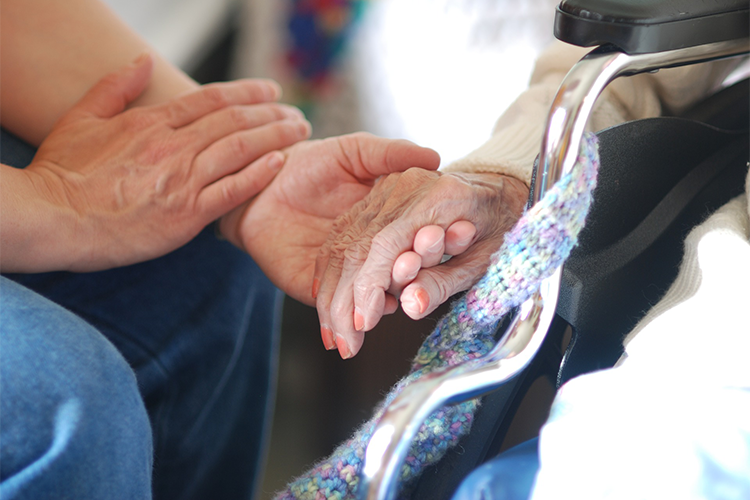Financial abuse of seniors – the improper or illegal use of an elder persons resources – seems to be growing at an alarming rate. Due to lack of awareness, a fear of retaliation and the loss of personal independence, most elder abuse victims do not report what occurred. Should the truth finally get out, many victims fear retaliation from the abuser, and depleted trust and respect from those who care.
Some people think that seniors are usually abused by ill-intentioned strangers who are scheming to access their next victim’s finances. The truth is that those who financially abuse seniors often include immediate family members such as spouses, children or their kin; unethical business professionals such as attorneys, physicians or financial advisors; unscrupulous service providers such as contractors, caregivers, or storekeepers, as well as unknown predatory scammers or con-artists.
Common warning signs that caring family, friends and service providers should become aware of include :
- The unauthorized use of ATM or credit cards
- Newly authorized signers on financial accounts
- Abrupt changes in wills, trusts or powers of attorney
- Unexpected changes in named beneficiaries
- Bank or credit card statements sent to a different address
- Dwindling funds with repeated unpaid bills
- Missing property, such as jewelry and art
By working with trusted family members or friends, most seniors can structure protections from certain types of financial abuse. Utility, insurance and some mortgage companies allow seniors to name other people to be alerted should missed or insufficient payments occur. Additionally, when noting unusual cash withdrawals or other financial activities, bank personnel may be directed to flag accounts and contact the seniors authorized representatives.
Certain professionals, including bank employees, custodial and health care providers, clergy, and law enforcement officers, are categorized as mandated reporters. This means that they are legally required to report allegations of abuse to proper authorities in a timely manner.
With the assistance of caring family and friends, seniors can protect themselves by:
- Using direct deposits for the receipt of social security, pension plans and other monthly incomes
- Refusing to sign blank checks
- Carefully reviewing credit card and bank statements
- Refusing to sign papers they do not fully understand
- Checking out whether a charity is a state-recognized nonprofit organization before donating
- Placing outgoing mail inside, and not outside, a covered mailbox while awaiting pickup
Elder financial abuse is an increasing problem that can only be avoided or stopped by recognizing each elder’s concerns, intervening when abuse is suspected, and educating seniors, families and friends about how to recognize and report abuse.
To report elder financial abuse in Los Angeles County, contact:
- Adult Protective Services (APS) at 888-202-4248
- Elder Abuse Hotline (APS) at 877-477-3646
- Long Term Care Ombudsman at 800-231-4024
- Bureau of Medi-Cal Fraud and Elder Abuse at (800) 822-6222



